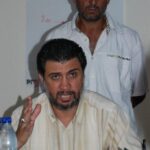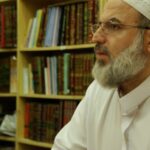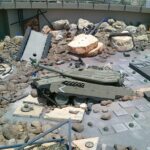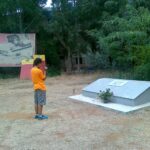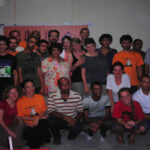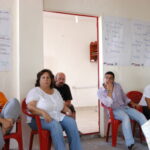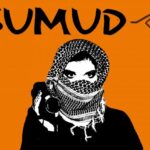On the initiative* and the support of several research centers, associations, syndicates and political, cultural and social movements, The Beirut International Forum was held on 16, 17 and 18 January 2009, attended by Arab and international delegations and eminent authorities from five continents (66 countries).This Forum, in which South America, Asia and Near East were massively represented, embodied the spirit of the Tricontinental centre. Two major topics characterized the Forum. On one hand, the heroic resistance by the Palestinian people of Gaza and their ability to confront an intense violence and unprecedented barbarity. On the other, capitalism's global crisis, which is not only financial but also on economic, social, cultural and moral fronts, thus posing a threat to the …
[read more]